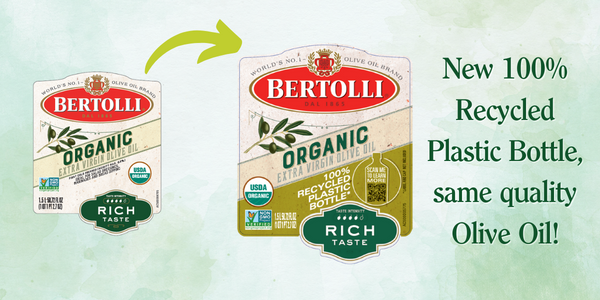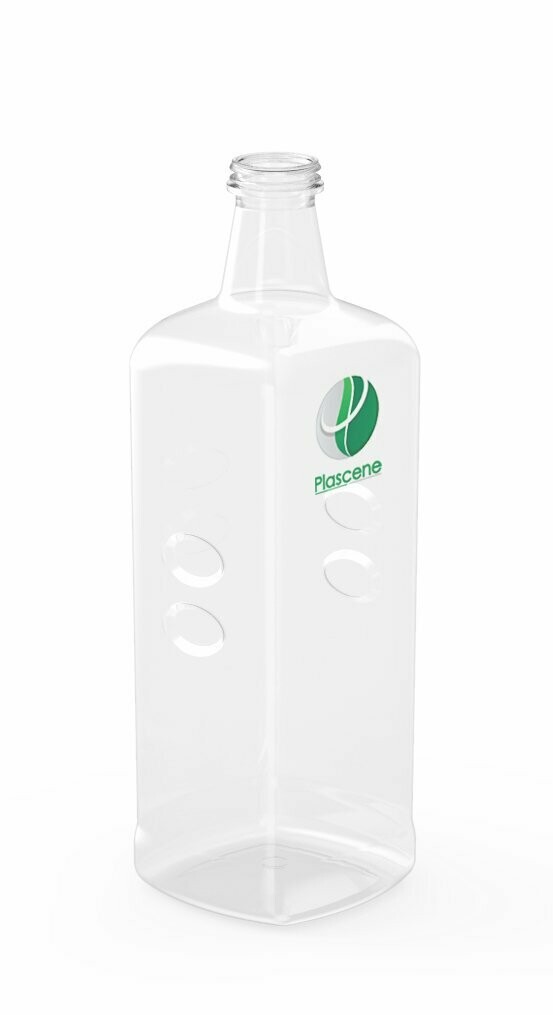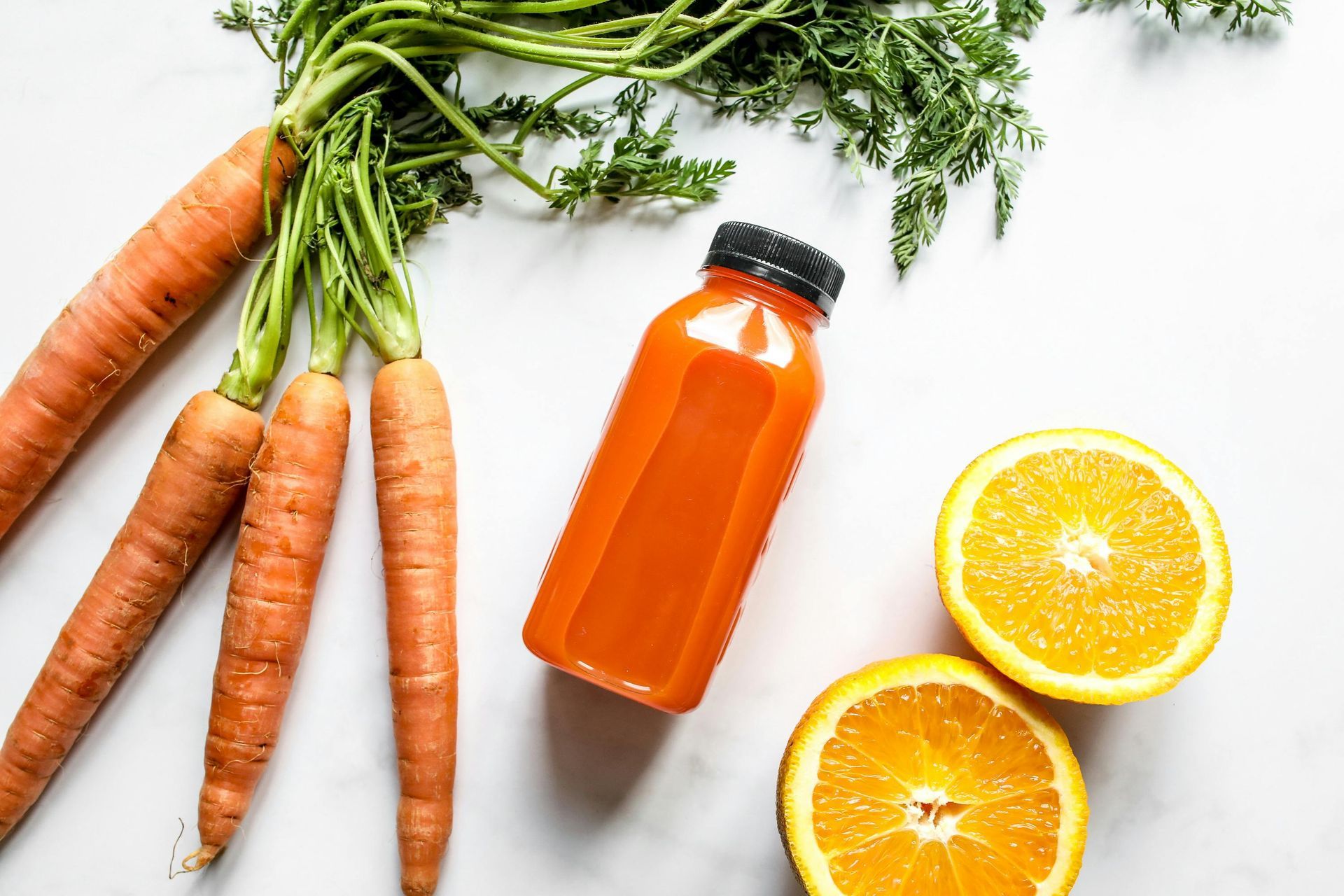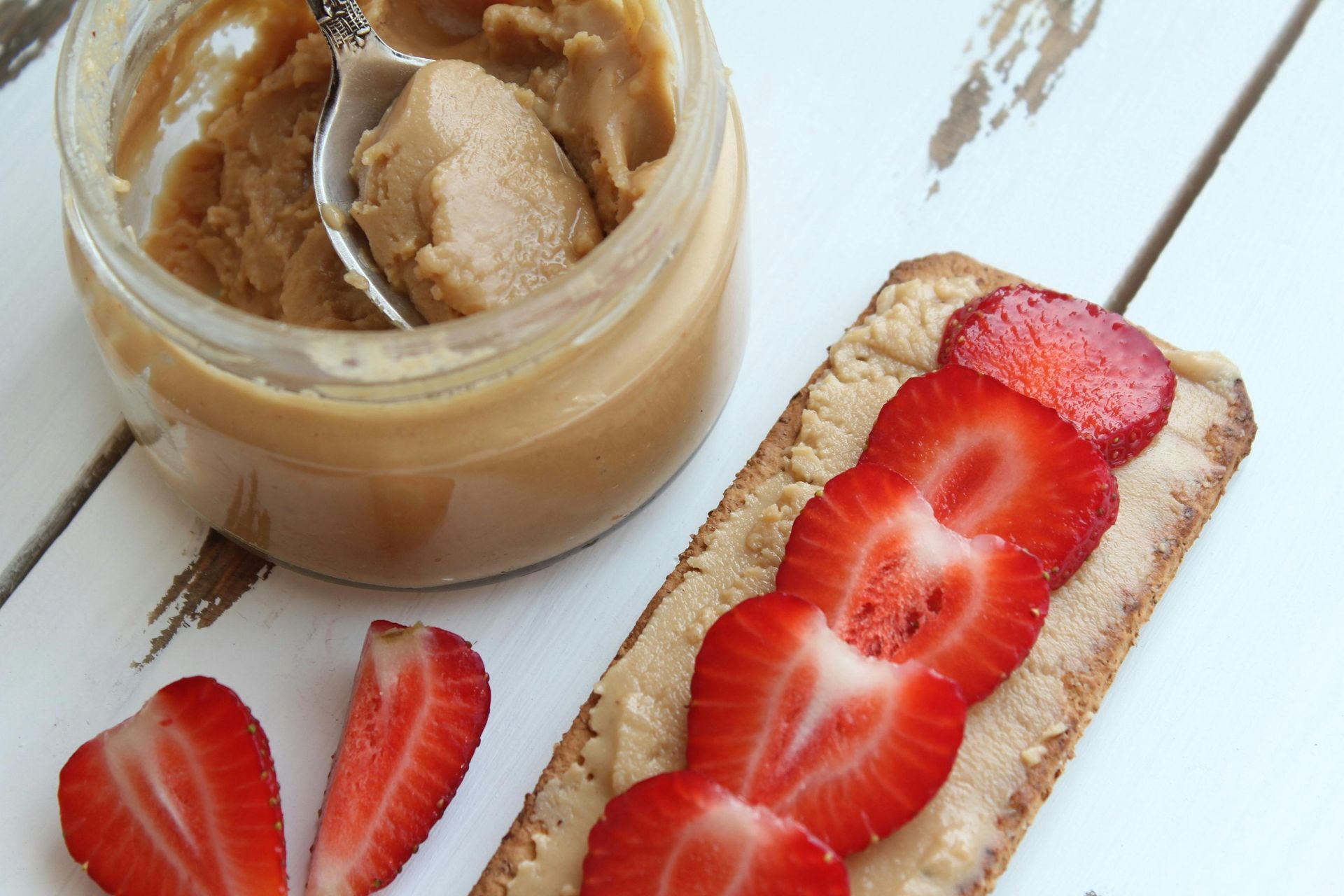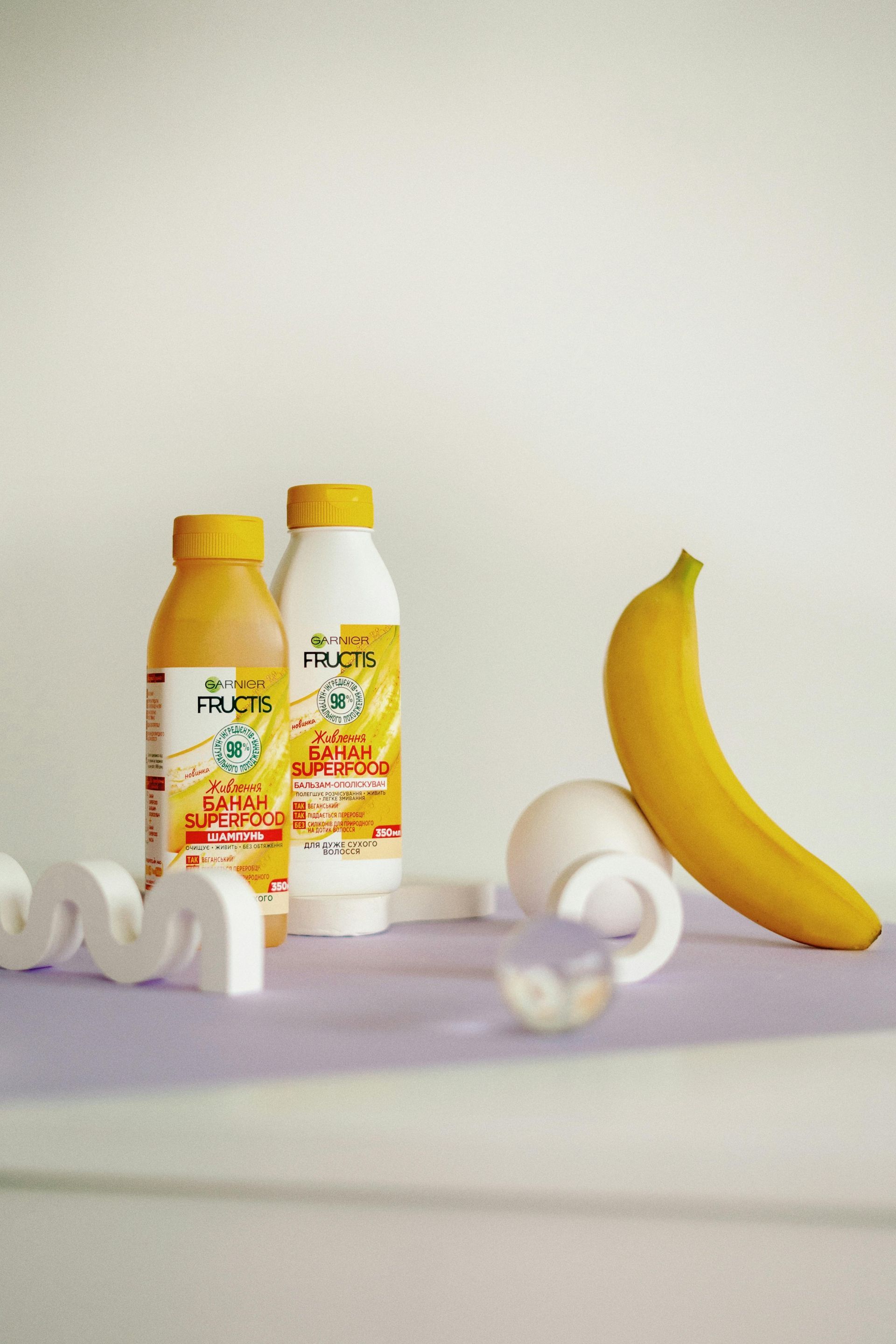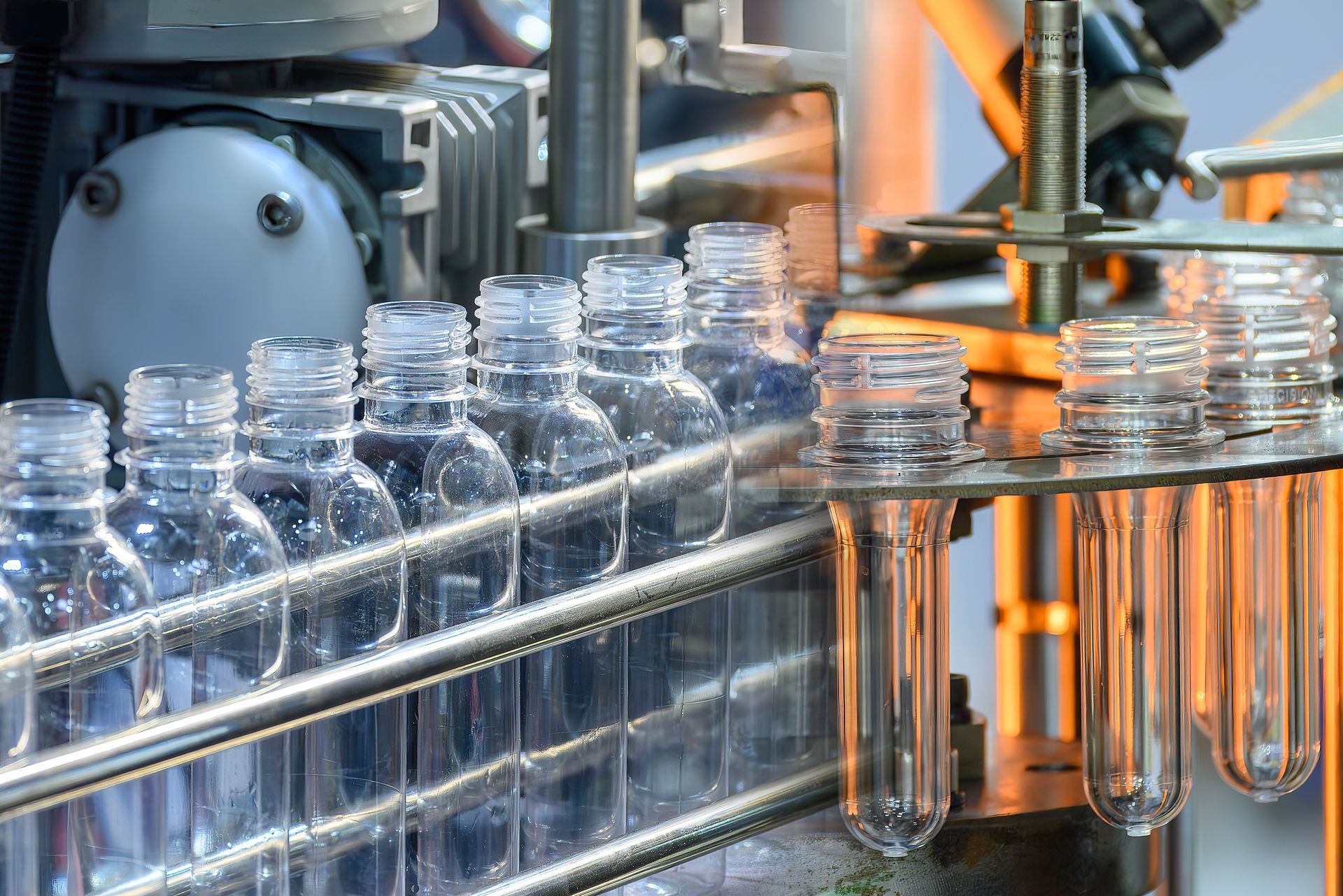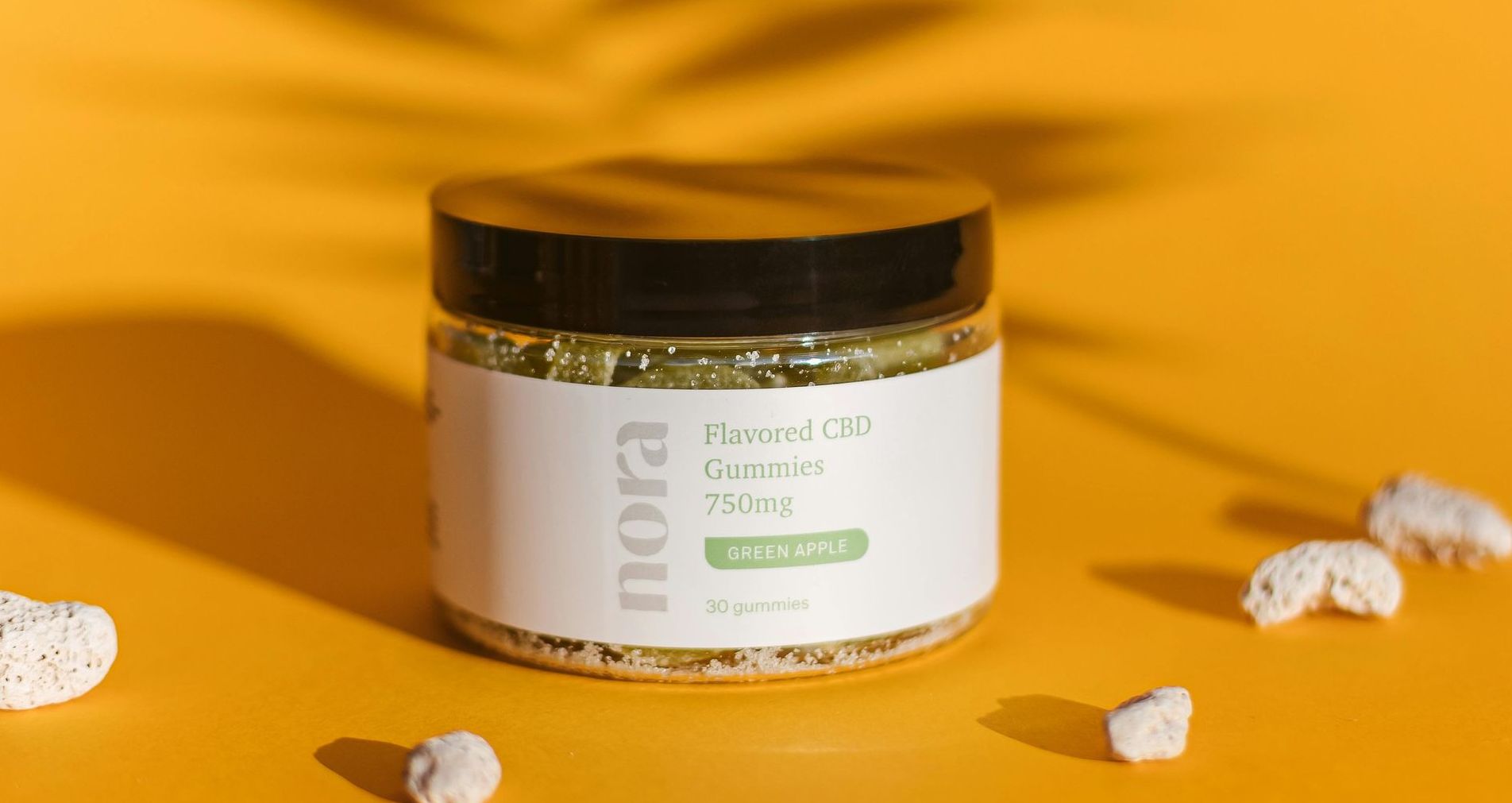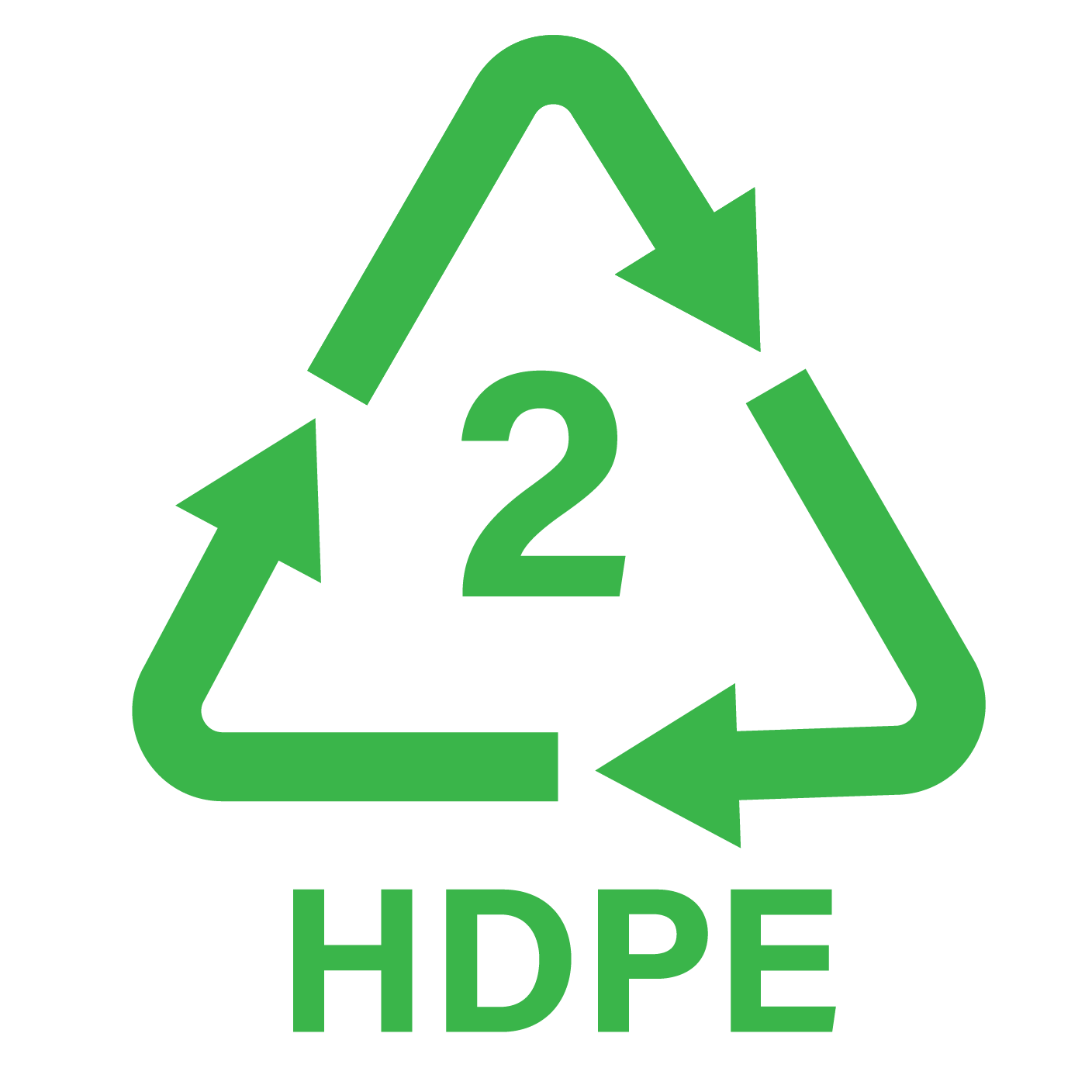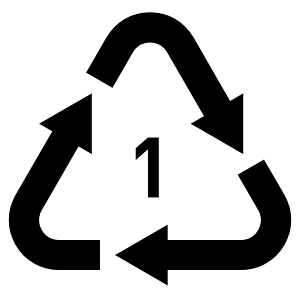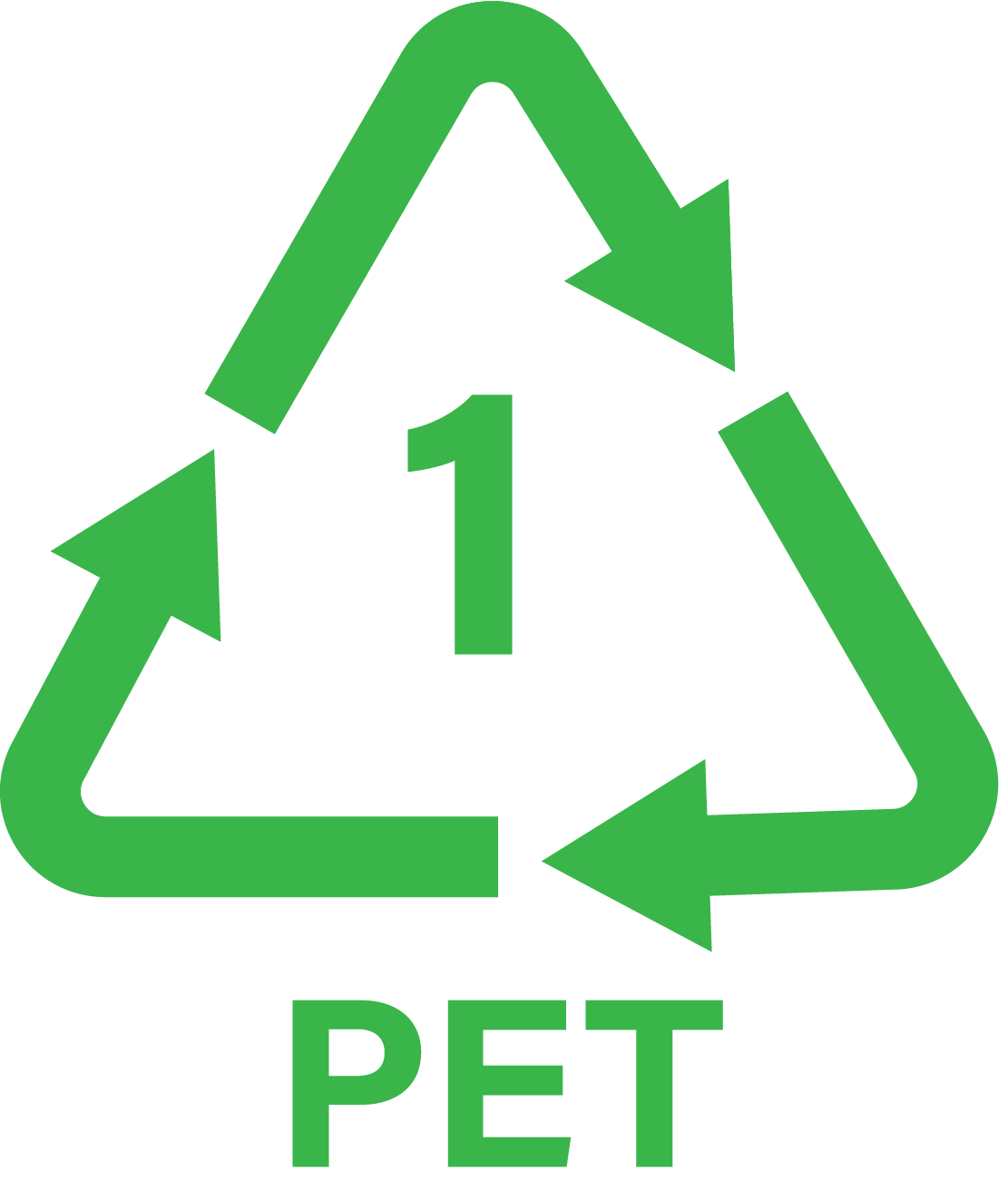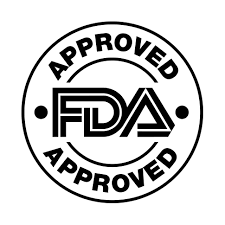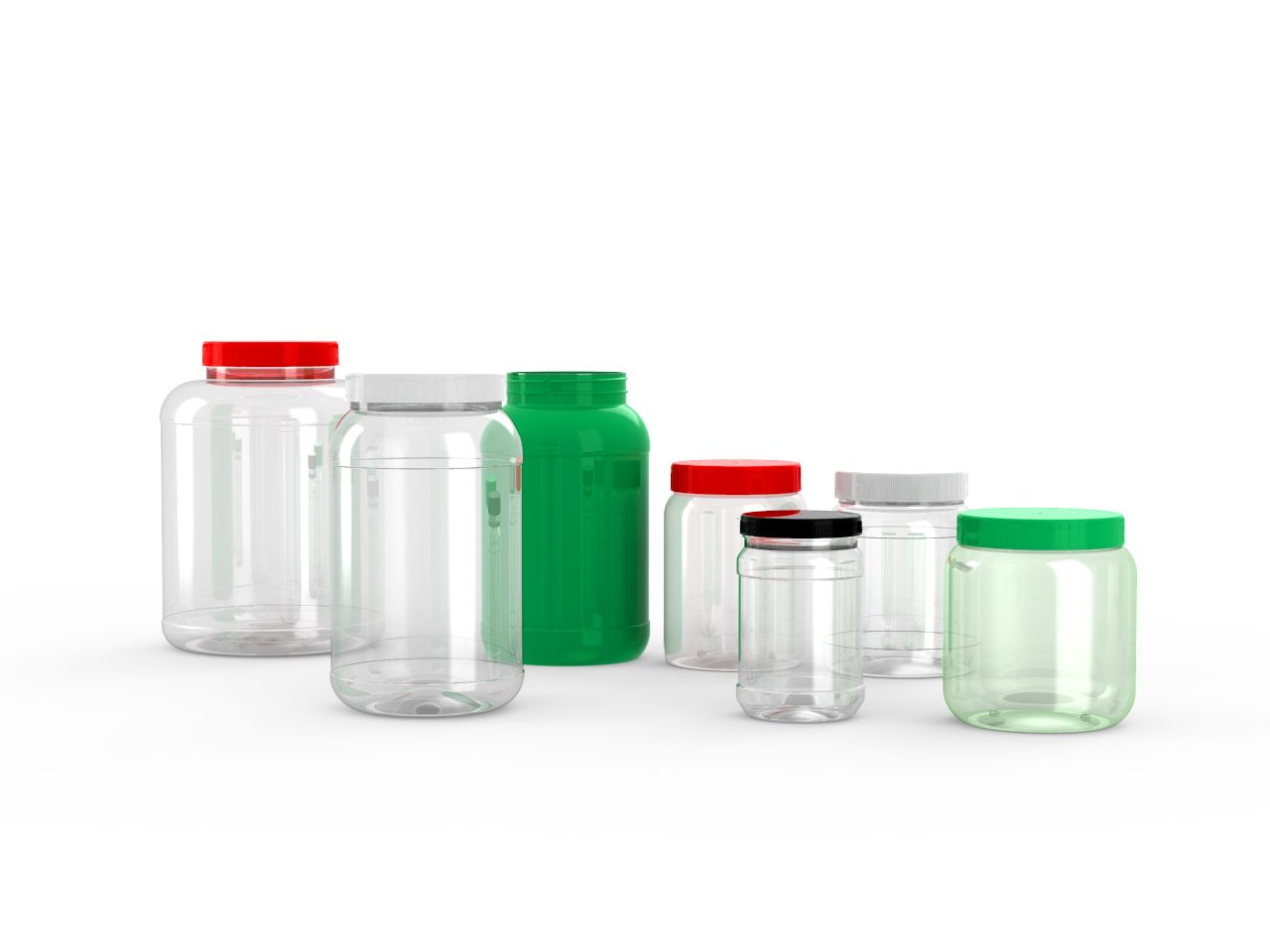Why Packaging Oils in rPET/PET Plastic Instead of Glass is the Way Forward
Bertolli Oil Packaging Spotlight...
Let's use this brand as example, Bertolli Olive Oil's switch from glass to 100% recycled or rPET (recycled polyethylene terephthalate) packaging reflects a strategic commitment to sustainability and environmental stewardship. Recognizing the urgent need to reduce plastic waste and minimize environmental impact, Bertolli made a bold decision to embrace innovative packaging solutions that align with their values and resonate with environmentally conscious consumers.
The transition to 100% recycled or rPET packaging offers several compelling benefits. Firstly, it significantly reduces the demand for virgin plastic, thereby conserving natural resources and reducing carbon emissions associated with plastic production. By utilizing recycled materials, Bertolli minimizes their ecological footprint while contributing to the circular economy by promoting the reuse of plastic materials.
Moreover, the shift to recycled or rPET packaging enhances Bertolli's brand reputation as a leader in sustainable practices. By prioritizing environmental responsibility, Bertolli demonstrates its commitment to addressing pressing global challenges and meeting the evolving expectations of consumers who prioritize sustainability in their purchasing decisions.
Overall, Bertolli Olive Oil's transition to 100% recycled or rPET packaging exemplifies a forward-thinking approach to packaging innovation, showcasing how companies can drive positive change while delivering quality products to consumers.
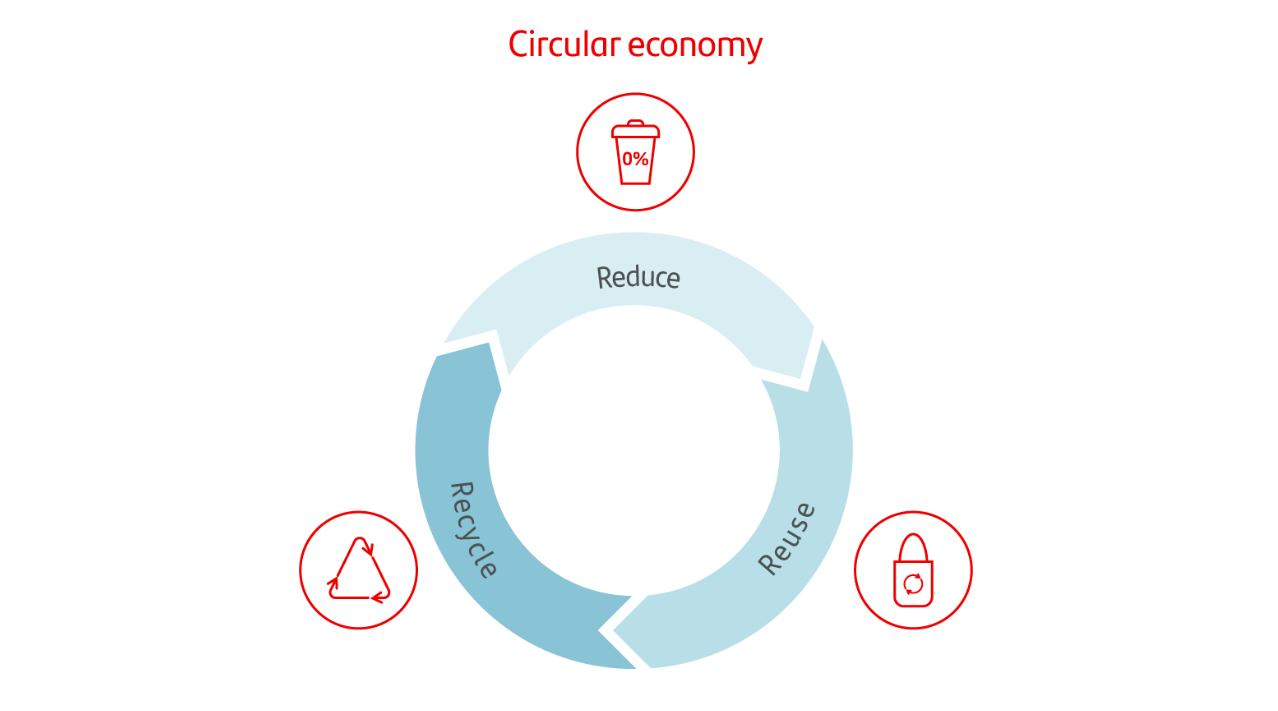
The Case for Sustainable Packaging
Packaging oils in glass bottles has long been the norm, primarily due to concerns about the potential leaching of chemicals from plastic containers into the oil. While glass is recyclable and inert, it comes with its own set of environmental drawbacks. Glass production is energy-intensive and contributes to greenhouse gas emissions. Additionally, glass is heavier and more fragile than plastic, resulting in higher transportation emissions and increased risk of breakage during shipping.
Conversely, rPET and PET plastic offer a compelling alternative. These materials are lightweight, durable, and highly recyclable. By utilizing recycled PET, we can divert plastic waste from landfills and oceans, mitigating the environmental impact of single-use plastics. Moreover, advancements in manufacturing processes have enabled the production of food-grade rPET and PET that meet stringent safety standards, ensuring the integrity of the packaged oils.
Environmental Benefits of rPET/PET Packaging
- Reduced Carbon Footprint: The lighter weight of plastic packaging translates to lower transportation emissions compared to glass, reducing the overall carbon footprint of the product.
- Recyclability: PET plastic is one of the most widely recycled materials globally. By choosing rPET or PET packaging, we can support a circular economy by promoting the use of recycled materials.
- Resource Efficiency: Unlike glass, which requires significant energy to produce, PET plastic can be manufactured with lower energy inputs, conserving resources and reducing environmental impact.
- Lower Breakage Rates: Plastic packaging is less prone to breakage than glass, minimizing product loss and waste throughout the supply chain.
Consumer Convenience and Safety
Beyond the environmental benefits, packaging oils in rPET/PET plastic offers practical advantages for consumers:
- Portability: Plastic bottles are lightweight and shatterproof, making them ideal for on-the-go consumption and travel.
- Ease of Handling: PET bottles are easier to grip and pour from compared to glass, enhancing user experience and minimizing spills.
- Product Visibility: Clear plastic bottles allow consumers to see the contents, ensuring transparency and facilitating informed purchasing decisions.
- Seal Integrity: PET bottles can be equipped with tamper-evident caps, providing reassurance of product safety and freshness.
Overcoming Perceptions and Challenges
While the shift towards rPET/PET packaging represents a significant step towards sustainability, it may encounter resistance from consumers accustomed to glass bottles. Addressing concerns about chemical leaching and emphasizing the safety and recyclability of PET plastic are crucial steps in overcoming these perceptions. Additionally, investing in education and communication initiatives can help raise awareness about the environmental benefits of PET packaging and dispel misconceptions.
Embracing Innovation for a Sustainable Future
In conclusion, the packaging industry stands at a pivotal juncture, where innovation and sustainability intersect to drive meaningful change. By transitioning from glass to rPET/PET plastic packaging for oils, we can reduce our environmental footprint, enhance consumer convenience, and contribute to a circular economy. Through collaboration and commitment to responsible practices, we can pave the way for a greener, more sustainable future. Let us embrace these opportunities and forge a path towards a world where packaging not only protects our products but also preserves our planet for generations to come.
Plascene offer expert solutions for your business or brand packaging.
Further Topic Reading;

